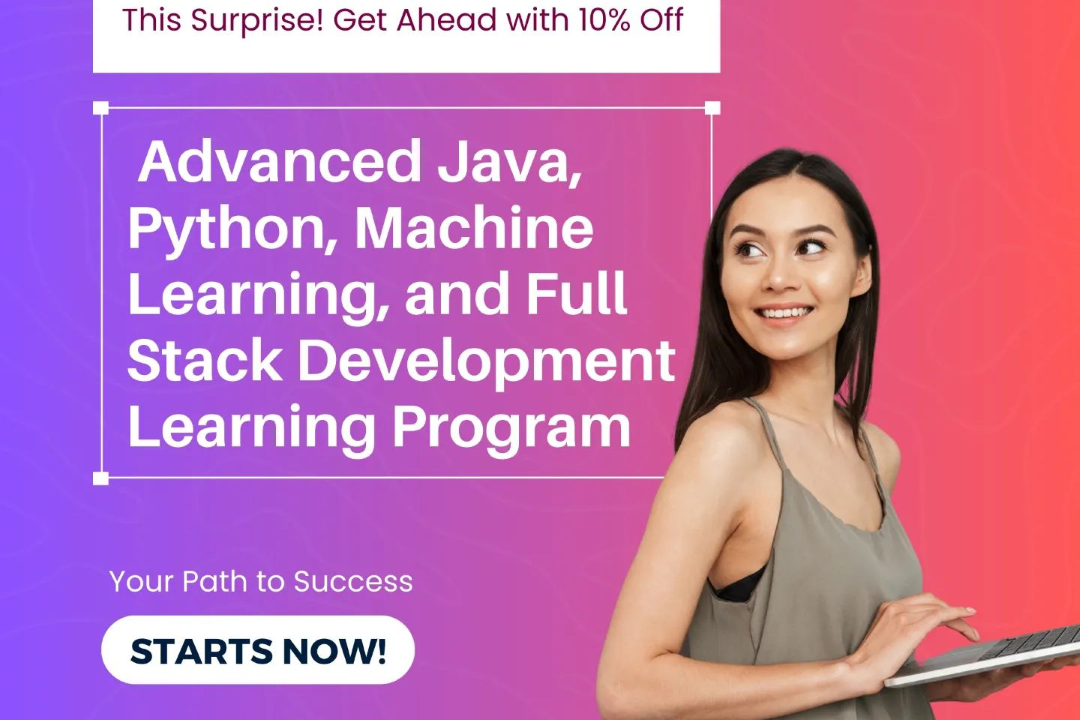java full stack book
Mastering Java Full Stack Development
java full stack book
The “Java Full Stack” book typically serves as a comprehensive guide for developers looking to master full-stack development using Java technologies. It covers a wide range of topics, including front-end frameworks like Angular or React, back-end development with Java and Spring Boot, database management with SQL or NoSQL, and integration techniques using RESTful APIs. The book often includes practical examples, project-based learning, and best practices to help readers build robust, scalable applications. By bridging both front-end and back-end development, it equips programmers with the skills needed to create dynamic web applications and prepares them for roles in modern software development environments.
To Download Our Brochure: https://www.justacademy.co/download-brochure-for-free
Message us for more information: +91 9987184296
1 - Introduction to Full Stack Development: This section outlines the concept of full stack development, explaining the roles and responsibilities of a full stack developer.
2) Java Fundamentals: A thorough exploration of Java basics, including data types, control structures, object oriented programming (OOP) principles, and core Java concepts.
3) Front End Technologies: Introduction to front end development using HTML, CSS, and JavaScript. It will also cover frameworks like Angular or React to build dynamic web applications.
4) Back End Technologies: Detailed coverage of Java EE (Enterprise Edition) or Spring Framework for building robust back end services, including REST APIs.
5) Database Integration: Understanding database concepts, SQL, and ORM tools like Hibernate for managing data and integrating with relational databases.
6) Version Control Systems: An overview of using Git for version control, including branching, merging, and collaboration on coding projects.
7) Development Tools: An introduction to Integrated Development Environments (IDEs) such as Eclipse or IntelliJ IDEA, as well as build tools like Maven or Gradle.
8) Web Application Deployment: Guidance on deploying web applications using server technologies like Apache Tomcat or deploying to cloud platforms like AWS or Heroku.
9) Microservices Architecture: An explanation of microservices and how to design and develop applications using this architectural style with Java.
10) Security Best Practices: Important topics in web application security, including authentication, authorization, and preventing common vulnerabilities like SQL injection and XSS.
11) Responsive Design: Principles of responsive web design to ensure applications work on a variety of devices and screen sizes.
12) Testing and Debugging: Techniques and tools for testing Java applications, including unit tests with JUnit and functional tests with Selenium.
13) Async and Event Driven Programming: Concepts related to asynchronous programming and event driven architectures, which can enhance user experience.
14) APIs and Web Services: Understanding RESTful services, SOAP, and integration of third party APIs to enhance functionality in web applications.
15) Latest Trends in Java Development: A look into emerging trends, tools, and frameworks in the Java ecosystem, including Java 17 features and the evolution of full stack development.
16) Capstone Projects: Including practical projects that require students to apply their knowledge by building complete applications from scratch.
This detailed curriculum can help students obtain a solid foundation in full stack Java development and be well prepared for the job market.
Browse our course links : https://www.justacademy.co/all-courses
To Join our FREE DEMO Session: Click Here
Contact Us for more info:
Best iOS Course for Beginners
ADVANCED JAVA CONCEPTS
iOS Training in Marmagao
iOS Training in Tiruchengode
WordPress Classes Near Me











